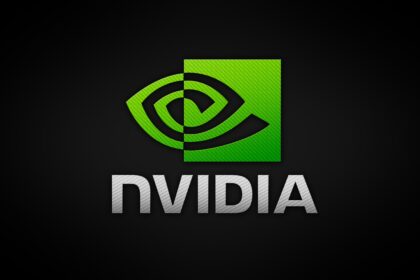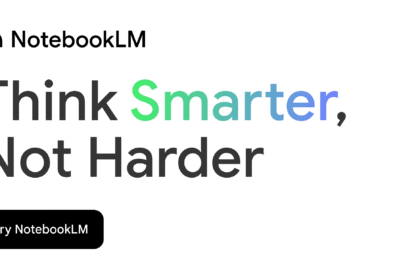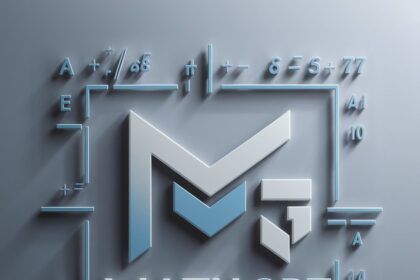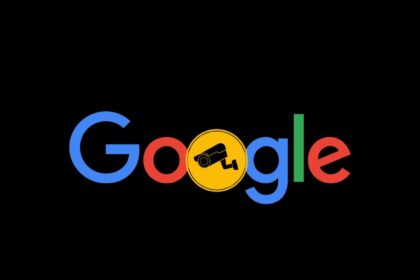When an AI startup claims its chatbot does not hallucinate, especially while doing math, you have to admire the confidence. Or the audacity. Enter Harmonic, the AI company co-founded by Robinhood CEO Vlad Tenev, which just launched the beta version of its iOS and Android app powered by its in-house model, Aristotle. The name alone sets high expectations, because if anyone should be able to reason through a tough problem without making it up as they go along, it’s a chatbot named after a philosopher.
According to Tudor Achim, Harmonic’s CEO and co-founder, Aristotle is built for “mathematical superintelligence,” or MSI for short. The idea? Create an AI that doesn’t just look smart but actually understands, and formally verifies, math-based reasoning.
“Within the domains that Aristotle supports, which are quantitative reasoning domains, we actually do guarantee that there’s no hallucinations,” Achim told TechCrunch.
Translation: It shouldn’t make up answers in math, stats, physics, or computer science. Bold claim, considering even OpenAI’s top models still slip up.
Harmonic’s selling point is that Aristotle doesn’t just spit out confident-sounding answers; it proves them. It generates its solutions using Lean, a formal programming language, and then checks its work using traditional, non-AI-based verification algorithms. Think of it like turning in math homework with all the working steps included, and then having a second grader double-check it with a calculator.
This kind of setup isn’t just for show. It is similar to verification methods used in high-stakes industries like aviation and medical devices, where “oops, my bad” is not an acceptable answer.
Related:Don’t Know Code? No Problem. Google is Testing Opal a Tool That Builds Apps from Prompts.
So far, Harmonic has been heads-down on this tech. But now, with Aristotle going mobile, anyone can take it for a spin. Got a gnarly stats problem? Need to untangle some logic? Want to argue with a chatbot about physics? There’s an app for that.
The company is not stopping at the app store. Harmonic says it will soon launch a web app and enterprise-grade API, so businesses (and probably a few overworked grad students) can build on top of Aristotle too.
If you are wondering whether this is all just a fancy science fair project, the backers do not seem to think so. Just weeks before the launch, Harmonic pulled in a cool $100 million Series B, led by Kleiner Perkins, putting its valuation at $875 million. Not bad for a company built around a chatbot that checks its math twice.
And Aristotle’s not just good, it is Olympiad-level good. Harmonic says the model earned a gold medal on the 2025 International Math Olympiad (IMO), though it was a “formal” test where problems were fed in a machine-readable format. OpenAI and Google’s models also earned golds, but theirs tackled the test via natural language prompts. So, not exactly apples-to-apples, but impressive nonetheless.
Still, Aristotle’s creators are not releasing a ton of other benchmarks right now. Possibly because math is one of the hardest domains for AI, not just because it is complicated, but because you can not fake your way through it.
Even so, Harmonic seems determined to solve one of AI’s biggest headaches: hallucinations, those moments when a chatbot confidently tells you something that sounds right but is, in fact, total nonsense. Research shows even the best models do it. A lot. And frustratingly, newer models sometimes hallucinate more than older ones.
If Harmonic’s approach works, grounding its answers in strict logic, using code and verification, not vibes, it could be a major leap forward, not just for math, but for AI trust overall. An AI that never makes stuff up might sound impossible, but if Harmonic’s Aristotle pulls it off, it could change how we use, and believe, machines forever. If an AI can do math better than most humans and never lie… what is next?







